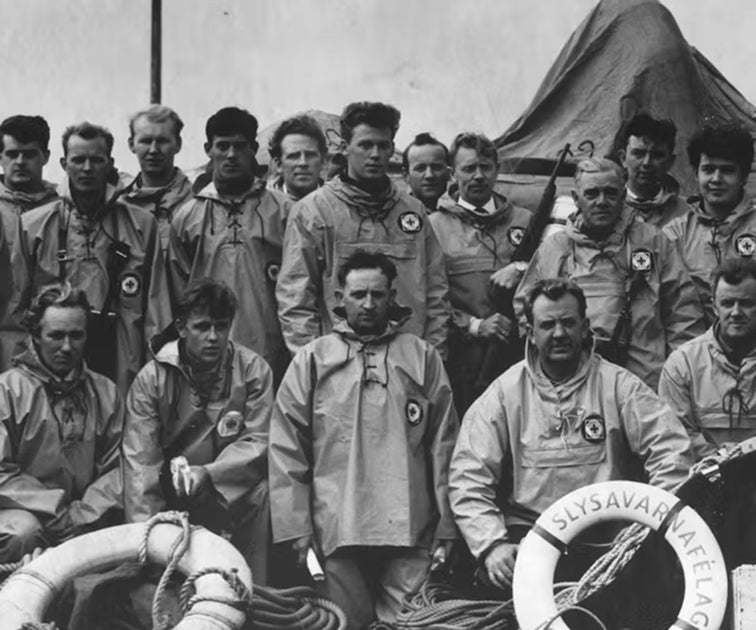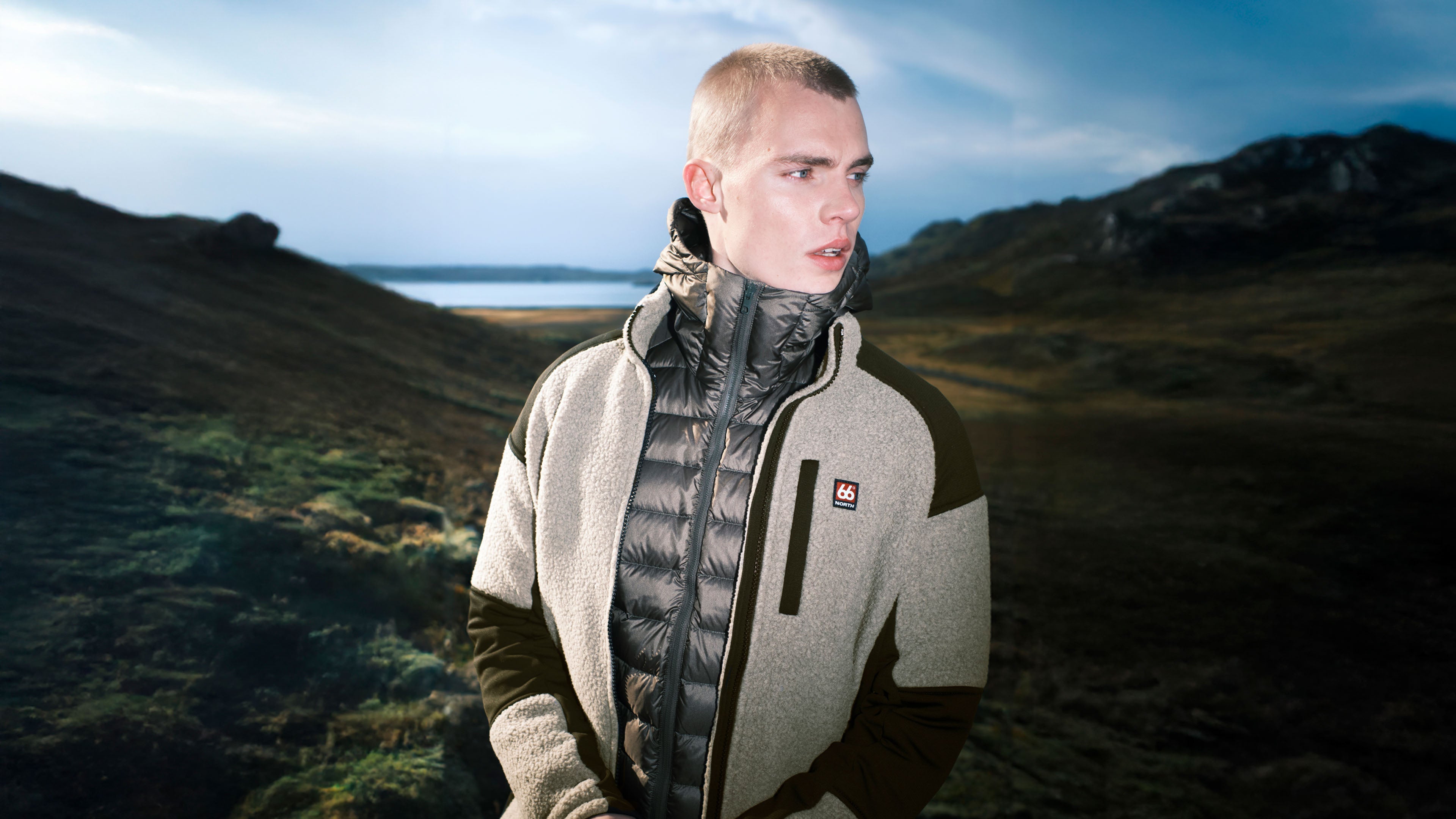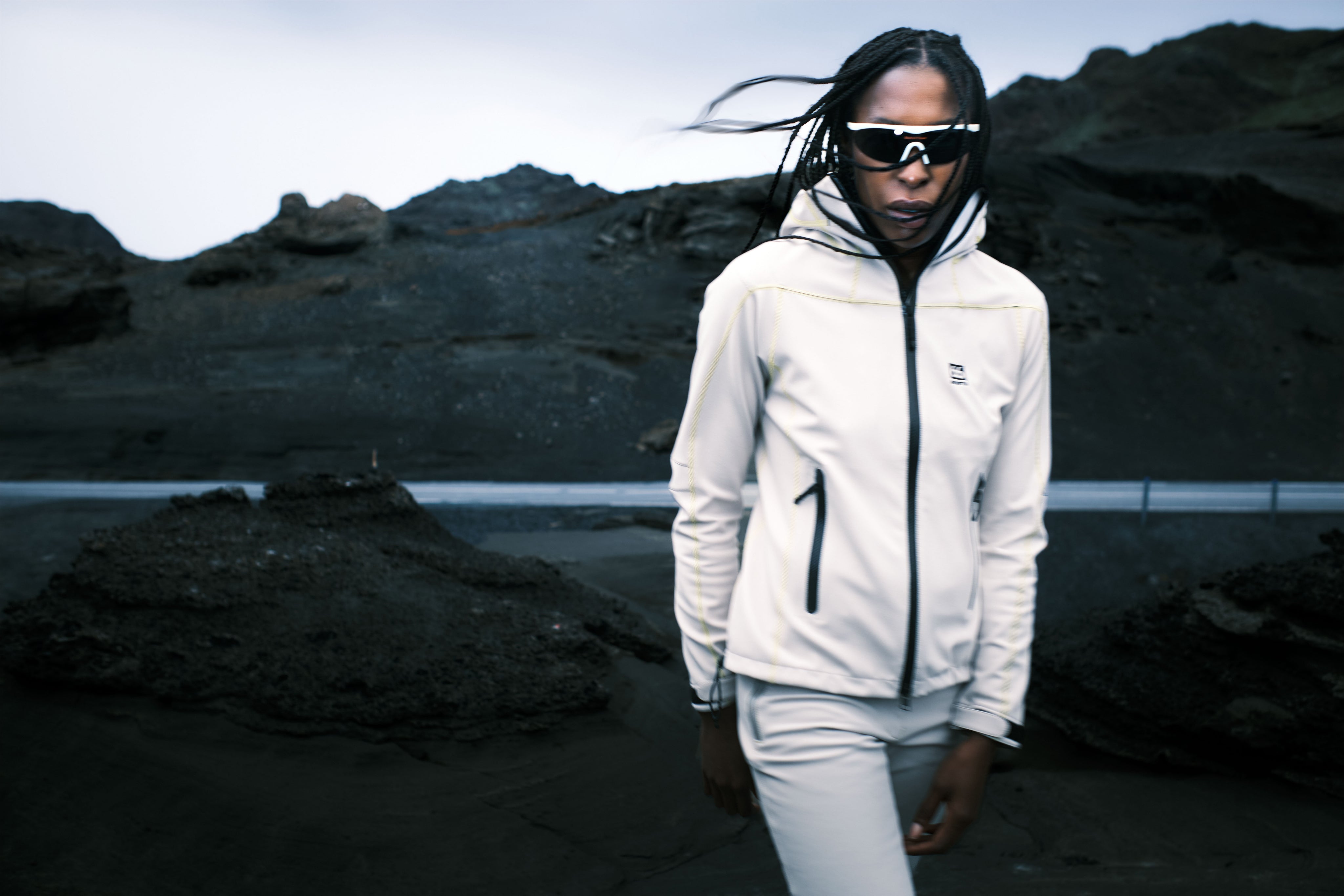Suðureyri Hoodie
Hoodie (Unisex)
$160.00
Suðureyri T-Shirt
T-shirt
$100.00
Suðureyri T-Shirt
T-shirt
$100.00
Suðureyri T-Shirt
T-shirt
$100.00
Suðureyri Hoodie
Hoodie (Unisex)
$160.00
Langjökull Socks
Socks
$30.00

Designed and proven in Iceland since 1926
Durability
We have always protected people with our clothing. If there is a defect we will repair it free of charge
Repair and recycling
We belive products should last a lifetime. We are committed to repairing your products whatever its age.
Circular
Through our holustuc approach to circularity, we can minimize harm, mitigate our impact and make a net positive impact on the world.














































































































